
Windows 10 End of Life: Potential Surge in E-Waste Poses Global Environmental Threat
Millions of Devices at Risk as Windows 11 Migration Triggers Concerns about E-Waste Management
NEWS Windows December 22, 2023 Reading time: 2 Minute(s)
Analysts have raised alarms over the potential surge in electronic waste (e-waste) globally, as Windows 10 approaches its end-of-life plans, leading to the scrapping of millions of devices in the coming years. Research from Canalys indicates that up to 240 million PCs worldwide may face termination due to the shift to Windows 11, raising critical questions about device refresh cycles and the responsibility of vendors to extend product lifecycles.
Canalys, a prominent technology market research firm, highlighted a key concern regarding Microsoft's current practices concerning Windows 11 device compatibility. The minimum system requirements for installing Windows 11 could render many devices obsolete after the Windows 10 support deadline in October 2025, despite being in "good condition." This may result in a significant portion of these devices ending up in landfills.
The consultancy emphasized that the incompatibility with the latest supported version of Windows significantly reduces the value of these devices for refurbishing and reselling. The potential environmental impact of mass device scrapping is substantial, prompting Canalys to call for a stronger focus on supporting circular economy goals by embedding durability, reparability, and recyclability into device design.
Canalys stressed the critical need for device manufacturers and software vendors, such as Microsoft, to maximize the usable lifespan of their products. However, the lack of robust regulatory standards currently provides no impetus for vendors to change their practices in this regard.
In December, Microsoft announced plans to extend security updates for Windows 10 until 2028, providing users with critical patches beyond the official end-of-support deadline. While Canalys welcomed this move as a positive step towards extending lifespans, it cautioned that the associated fees for extended support could be prohibitive for organizations with strained budgets.
The consultancy warned that although extended support can prolong the lifespan of Windows 11-ineligible PCs, the cost of these security updates might serve as a barrier for many users. Drawing parallels with Windows 7's extended support pricing structure, Canalys expressed concerns that if Microsoft adopts a similar approach for Windows 10, migration to newer, Windows 11-capable PCs might become the more cost-effective option, potentially accelerating the shift of older PCs to the scrapheap.
COVER IMAGE BY FREEPIK
*Our pages may contain affiliate links. If you buy something via one of our affiliate links, Review Space may earn a commission. Thanks for your support!
CATEGORIES




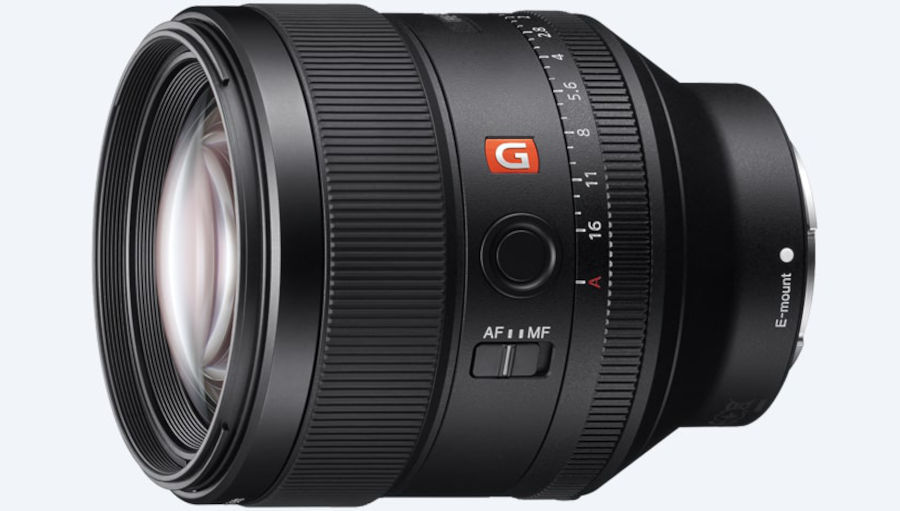

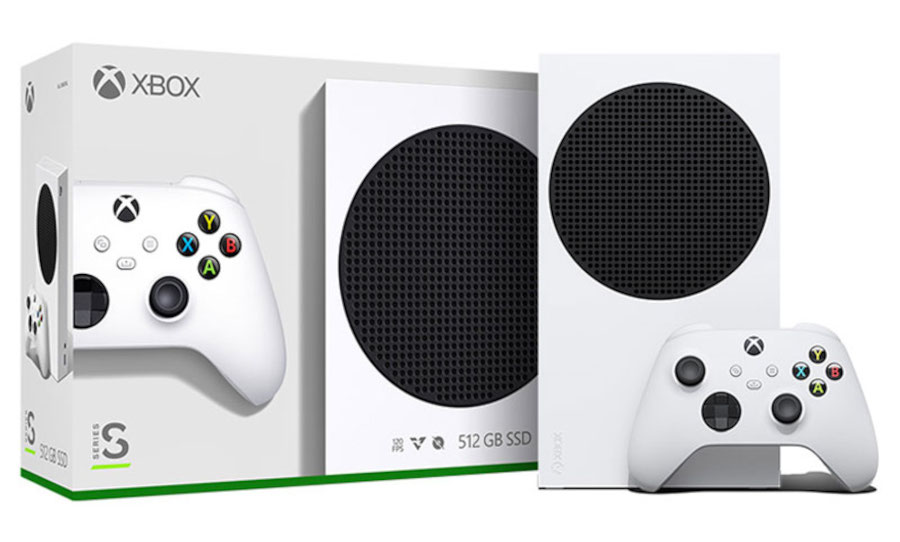




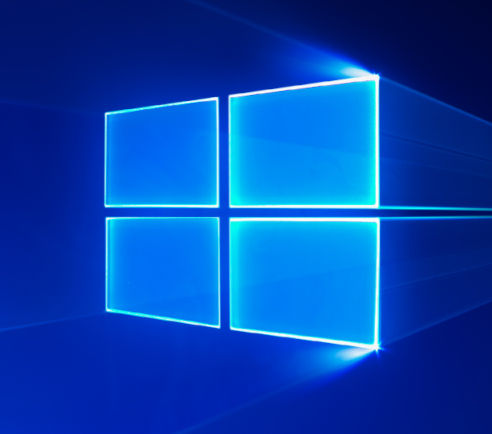







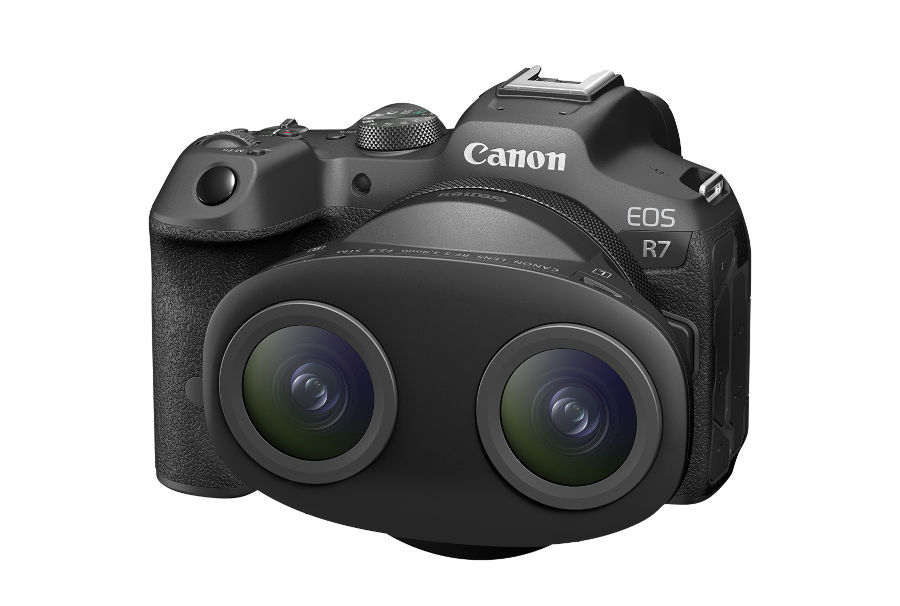
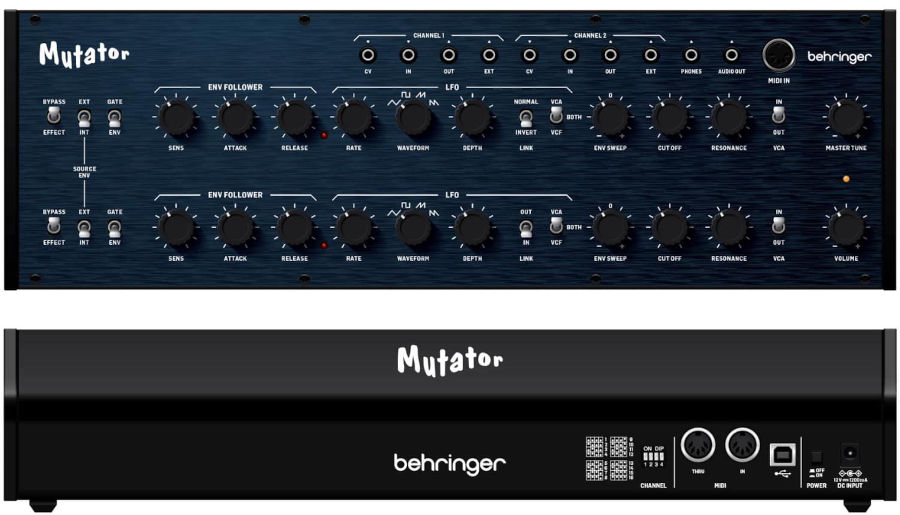




COMMENTS